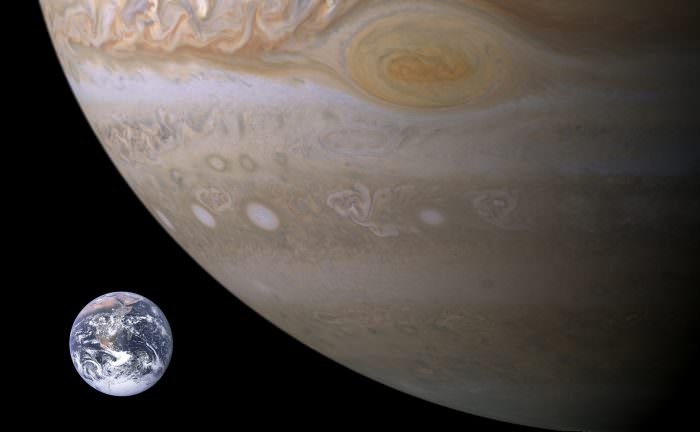
When asked for "mean" of $n$ numbers $a_1, a_2, \dots, a_n$, we usually mean arithmetic mean:
$A = \frac{a_1 + a_2 + \dots + a_n}{n}$,
and hardly ever geometric mean:
$G = \sqrt[n]{a_1a_2\dots a_n}$
Infact, "arithemtic mean" has monopolized our thinking so much that it alone is called "arithmetic" mean, as if other means are not "arithmetic". They are perhaps some non-arithmetic-non-rigorous-mumbo-jumbo.
Arithmetic mean should have been called "additive mean", while a better name for "geometric mean" would be "multiplicative mean". Harmonic mean would be inverse mean, and the world would be good.
While we can't change names, we can try to steer clear of the pitfalls associated with using arithmetic mean all the time.

Which of the following sentences sounds more meaningful to you:
The first sentences sounds more meaningful. Why? It is beacause human heights do not vary too much. No adult is 2x taller than another adult. (I just checked: tallest adult alive is less than 2x of shortest adult alive). We are more comfortable with differences here rather than the ratios.

Now consider the following two sentences:
Now, the second sentence is more meaningful. The difference between masses is meaningless. This is because masses of planets very widely: heaviest known star is 320 times the mass of Sun, which is itself 333,000 times heavier than the Earth. In the galactic world, planets are orders of magnitudes heavier than the each other.
There are many quantities of the former type: height, weight, calorie intake, journey times between two fixed cities.
There are even more quantities of the former type: masses of planets, wealth of humans, GDPs of countries, speeds of processors.
When we are talking about former quantities, arithemtic mean may make sense. When talking about latter types of quantities, geometric mean ususally makes sense. If you are guessing the height of a person, and 5 people give you 5 estimates, taking an arithmetic mean would be a good idea. If you are estimating the radius of a planet, and 5 telescopes give you 5 estimates, geometric mean would make more sense.
Our bias towards arithmetic mean over geometric mean is actually the result of a deeper bias. That deeper bias is that we think of addition (and its twin brother, subtraction), as a more fundamental mathematical operator compared to multiplication (and its twin brother, division). Indeed, children are taught of multiplication as "repeated addition".
However, in real world, it is multiplication which dominates. What's the force between two point particles? It is $\frac{Gm_1m_2}{r^2}$. Force between two charges? $\frac{1}{4\pi\epsilon_0}\frac{q_1q_2}{r^2}$. Kinetic energy? $\frac{1}{2}mv^2$. Potential energy? $mgh$. Eintein's formula? $E = mc^2$. Time period of simple pendulum? $2\pi\sqrt{\frac{L}{g}}$.
How many additions in all these famous formulae? Nil. It is multiplications and divisions all the way.
Indeed, the pedagogy of multiplication as repeated addition breaks down very soon: area of $100m^2$ is not $10m + 10m + \dots + 10m$, $10m$ times. $4.7 * 5.1$ is not $4.7 + 4.7 + \dots + 4.7$, $5.1$ times.
And the roman numerals, which did not fully understand the supremacy of multiplication ended up with a system where doing mathematicas was hard.
So, we have to get rid of the mindset of addition as the primordial operator. And when someone asks you the average of 1 and 9, tell them it is 3, and point them to this article!